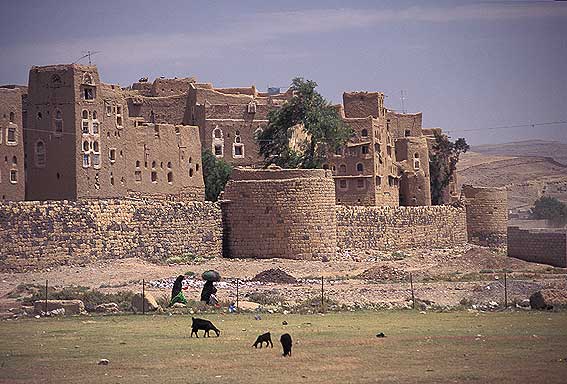Although I
grew up in London, my childhood Christmases were usually spent at our house in Berkshire. The house was on a farm, which we rented from a local landowner and in the winter there were cows mooching around in shit in a depressing pen. In the summer, we would play under the weeping willow
tree in the garden and always, without fail, whatever the season, we would act out Cinderella and
make the adults watch it over and over again. My friend Pandora would be Cinderella and I would be the handsome Prince. I didn't mind the role, in fact I was a tomboy and enjoyed it. My only downfall was once being asked to be the 'stick' in a dramatisation of Pooh-sticks.
My grandmother (who usually joined us at Christmas) was like a fairy godmother from a children’s story; we all loved her because she was able to do magic. We would choose somewhere to find a little trinket, then she would shut her eyes and say some weird and wonderful words and miraculously we would run off to our chosen site and the prize would be there (I still don’t know how she did it)
My grandmother (who usually joined us at Christmas) was like a fairy godmother from a children’s story; we all loved her because she was able to do magic. We would choose somewhere to find a little trinket, then she would shut her eyes and say some weird and wonderful words and miraculously we would run off to our chosen site and the prize would be there (I still don’t know how she did it)
On
Christmas Eve, we would leave milk for the reindeers and a glass of whisky and
some biscuits for Father Christmas in front of the fire. The next day we woke extremely
early of course, to delve into our stockings. There are lots of Christmas Day photographs
of me looking shattered, with huge grey bags under my eyes. In one set of photos, aged about seven, I look particularly
haggard, like a tiny junkie. That year, the grownups had forgotten to put the fireguard in
front of the fire as they staggered to bed on Christmas Eve, and the embers must
gone awry, because in the middle of the night, my slightly ditzy aunt woke up my grandmother
and said she smelt smoke.
We were
woken up by the adults and evacuated outside and told to look up to the sky to
see if we could see Father Christmas arriving. It was thrilling and exciting to
be outside in the middle of the night on Christmas Eve. The fire turned out to
be manageable, no fire engines arrived and we all went back to bed.
The next day,
Christmas carried on as usual, the only reminder of what had happened the night
before was the singed fire surround. We pulled crackers, opened presents, told terrible jokes, dug out silver trinkets from the Christmas pudding, put on silly hats, watched television, played with
our new presents and then felt depressed when it all came to an end.
When I
think about Christmas, I still think
about escaping somehow, getting out of the city, and away from real life. Certainly in London, there is far too much traffic over the festive period. London feels blocked and overwhelmed, exactly like I feel. Thank God for online shopping. Christmas is like a fiction anyway, an overblown day of abundance: too much
food, too many presents, too many good choices on TV, too many hours being in the company
of certain members of our families whom we never see the rest of the year, There is a sudden visit to Church, a flurry of carols and hopefully some reflection. I'd like to think Christmas was about giving, sharing, forgiving, reflecting and reunions as well as presents, parties and champagne.
I like the idea of being away in a cottage with a roaring fire and a windswept beach. There would be endless games of scrabble, a few good carols, a short walk into the garden to collect some logs, a long walk along a beach to good pub. Yes bring me a country Christmas every time or failing that a Caribbean or a mountain Christmas will do.
I like the idea of being away in a cottage with a roaring fire and a windswept beach. There would be endless games of scrabble, a few good carols, a short walk into the garden to collect some logs, a long walk along a beach to good pub. Yes bring me a country Christmas every time or failing that a Caribbean or a mountain Christmas will do.






